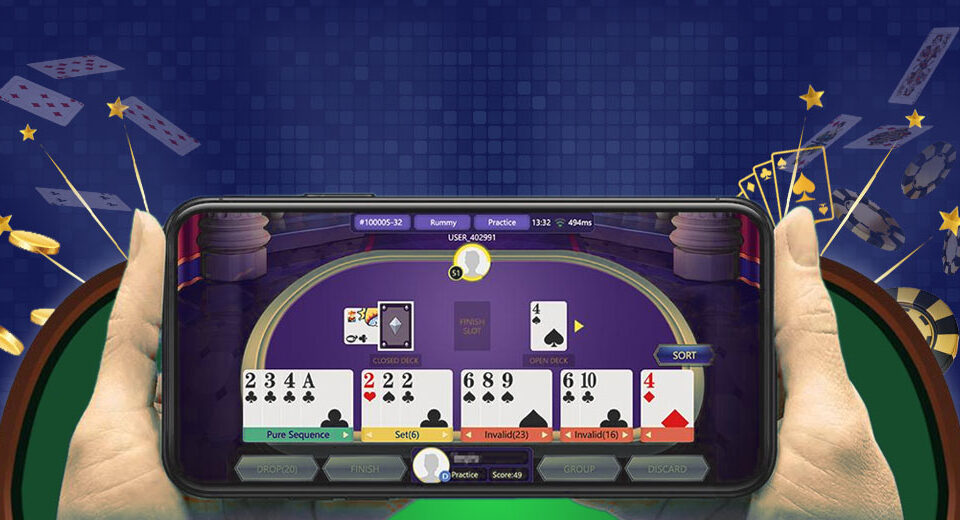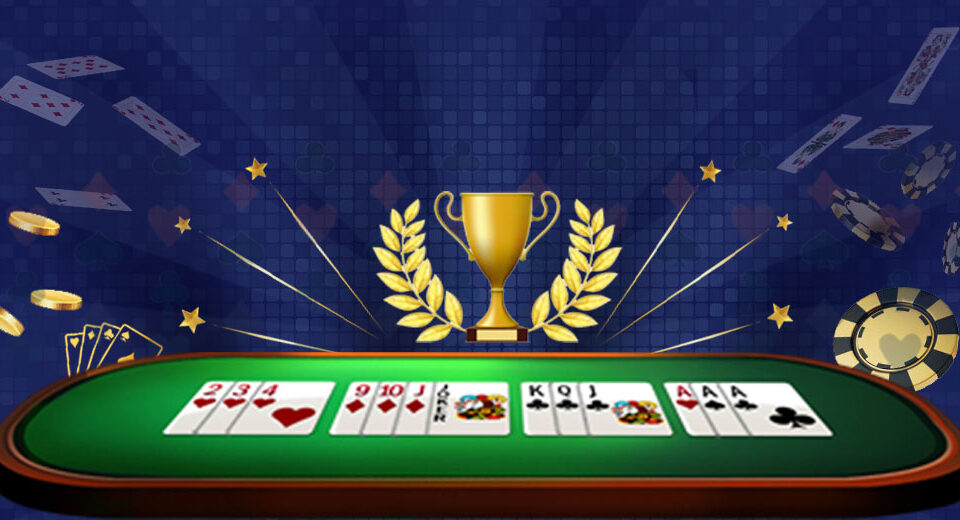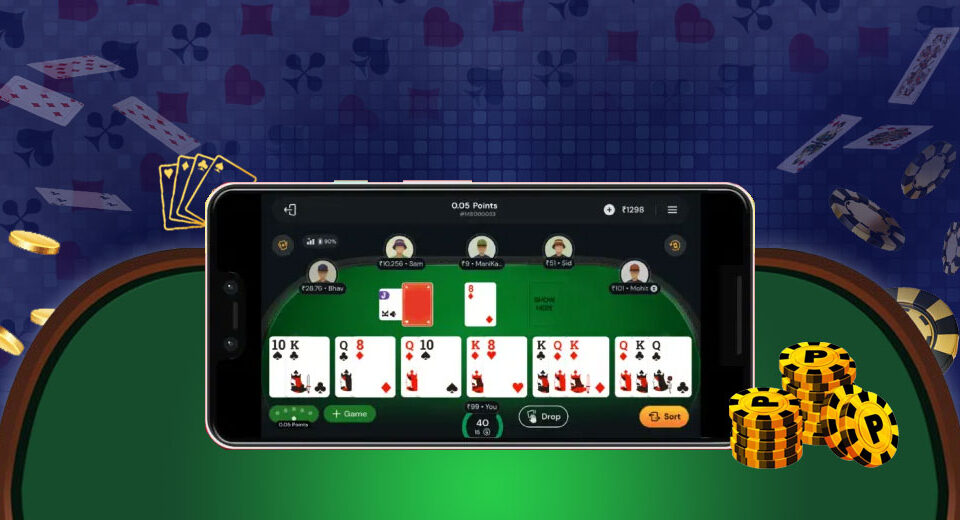Card Memory Techniques for Better IndianRummy Play
In IndianRummy, precision and timing are just as important as the hand you're dealt. Whether you're competing in a high-pressure online rummy game or sharpening your skills offline, the ability to recall discarded cards, track sequences, and anticipate moves is crucial. That’s where card memory becomes a powerful edge. While many focus on joker management or sequence strategy, few actively build card memory techniques that improve their gameplay across the board. Strengthening this skill allows you to make faster, smarter decisions and stay ahead of your opponents. Memory isn't just for experts—it's a trainable advantage for anyone serious about mastering IndianRummy.
1. Start with Visual Grouping
The brain remembers information better when it’s visualised. In IndianRummy, this means grouping cards not only by suit but by potential combinations. Every time a card is drawn or discarded, visualise its pairing potential: Is it part of a run like 6♦, 7♦, 8♦? Could it form a set like 5♣, 5♠, 5♥?
By actively picturing these clusters, you're already training your short-term memory. This technique also helps you understand which cards your opponent might be collecting or discarding based on their patterns. For Indian rummy online players, this can be enhanced by mentally mirroring your hand against their possible groupings.
2. Use the ‘Discard Tracker’ Habit
One of the most effective memory tactics is to mentally note the discard pile. At a minimum, focus on three types of cards:
- Jokers or wild cards discarded (reveals confidence or confusion)
- High-value cards discarded early (shows a defensive start)
- Mid-sequence cards dropped (hints at failed sequences)
Building the habit of noting what goes to the discard pile helps you avoid waiting for cards that are already out of play. In Indian rummy rules, knowing which cards are unlikely to return can guide your grouping decisions and speed up your declarations.
3. Limit Unnecessary Mental Load
A common mistake among IndianRummy players is trying to memorise everything at once. Instead, practise selective memory. Focus on what matters: cards recently picked from the open deck, repetitive suit discards, and critical joker placements.
By focusing on just 3–4 card memory priorities per round, you conserve your mental energy for strategic decisions. This technique is especially useful in online rummy game formats where time is limited, and overthinking can lead to delays.
4. Use Anchor Cards as Memory Triggers
Anchor cards are specific values or suits you associate with what others are holding. For example, if a player picks up a 4♠ from the discard pile, anchor it by thinking: “He might be collecting low spades.”
Over time, these anchors help you recall player preferences and narrow down their sequence-building strategies. In Indian rummy card game tournaments, expert players rely heavily on such memory cues to shape their discard strategies and bait opponents.
5. Replay and Reflect After Each Game
Post-game reflection is an underrated but powerful tool. After each match, take 2–3 minutes to recall:
- What were the key discarded cards?
- Which cards did your opponents avoid picking?
- Did you forget anything that cost you a round?
This process reinforces memory-building by strengthening recall pathways. Over time, you’ll find that your card recall improves not only within a game but across multiple rounds and formats.
6. Train with Memory Exercises Outside the Game
While IndianRummy itself is great for sharpening your mind, you can accelerate improvement with simple memory games. Practice card sequence recall, pattern recognition apps, or even short-term number memory games.
These exercises train your working memory—the part of the brain responsible for holding and manipulating information in real-time, which is critical for any serious Indian rummy online player.
7. Combine Memory with Probability Awareness
Memory doesn’t work alone. It becomes more powerful when you understand the probabilities in play. For example, if you remember that two 6♦ have already been discarded, the chances of forming a 6♦-7♦-8♦ sequence diminish. Use your memory to inform not just what’s likely—but what’s statistically useful to aim for next.
Linking memory with outcome potential separates intermediate players from experts in every Indian rummy card game variant.
8. Practice with 2-Player Matches for Better Focus
If you're specifically looking to enhance card memory, start with smaller tables. Two-player games provide a more focused environment for observing discard behaviour and tracking every move. You'll train faster because the volume of play is condensed, and you can apply techniques more frequently.
Once comfortable, transition back to multiplayer formats where your sharpened memory can give you an even stronger edge.
Conclusion:
Smart memory isn’t about remembering everything, but about remembering the right things at the right time.
Card memory in IndianRummy is not just a passive skill—it's a strategic tool that can redefine how you interpret the game. By training your brain to observe patterns, retain critical information, and react swiftly, you elevate your gameplay to a whole new level. Whether you're playing in real-time or in a high-speed online rummy game, improved memory helps you reduce missteps, anticipate declarations, and avoid wasting turns. Start small: track discards, set anchor points, and build recall post-game. Over time, these habits hardwire your brain for smarter decisions, giving you the edge needed to stay competitive in every round of IndianRummy.




